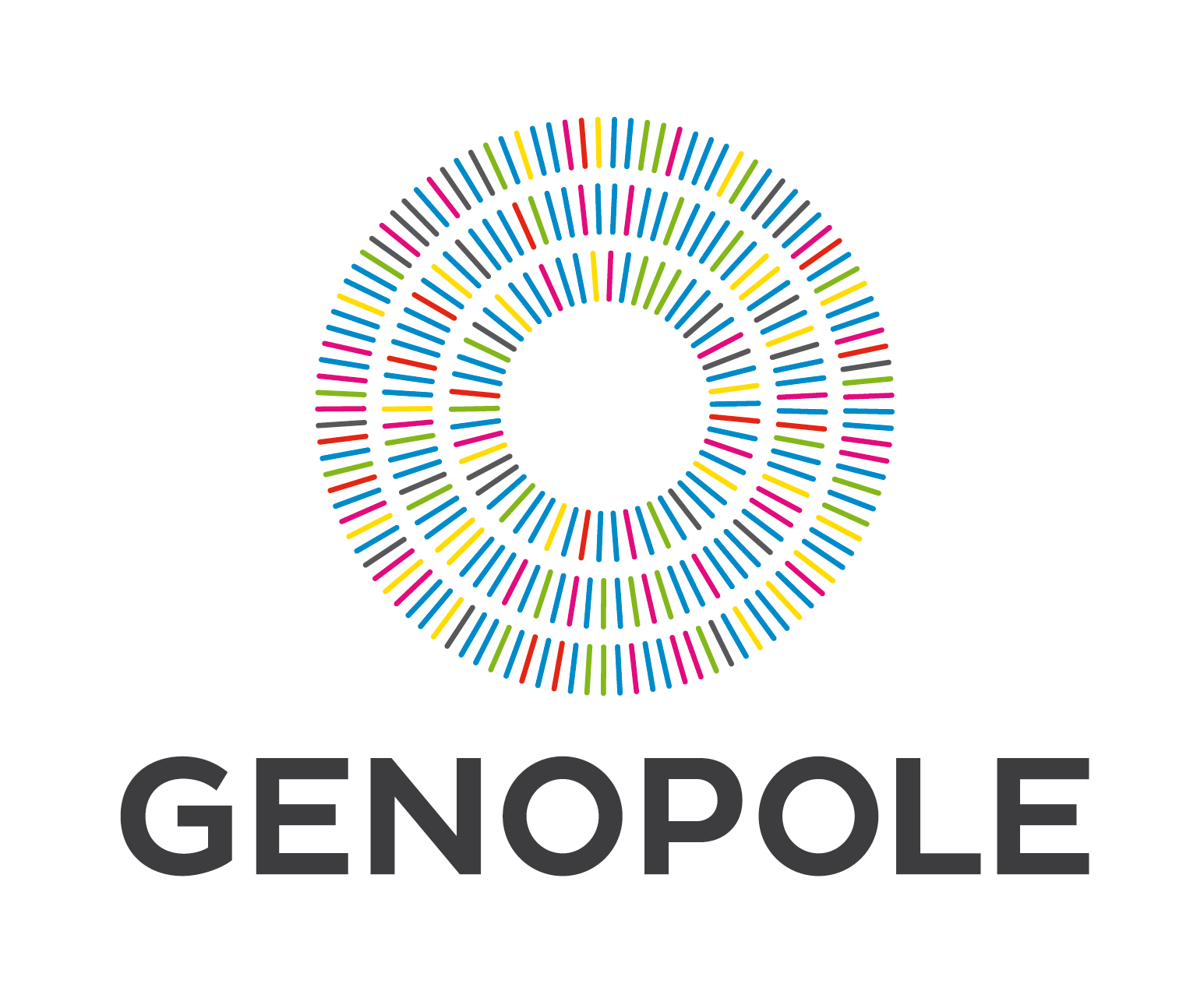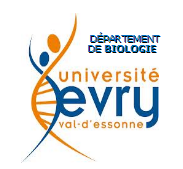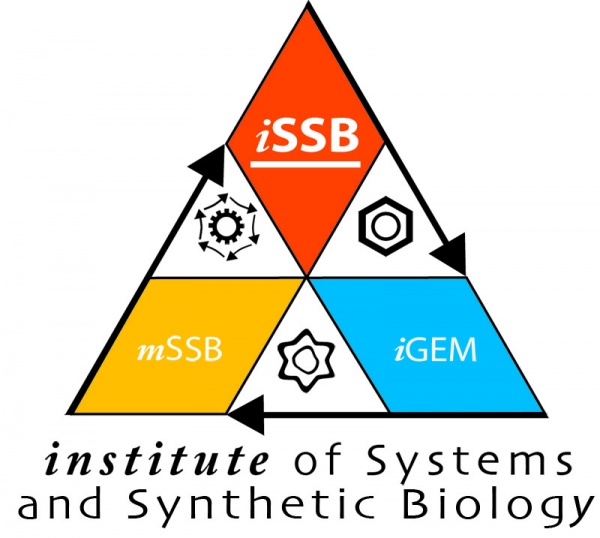Team:Evry/Achievements
From 2013.igem.org
(Difference between revisions)
| Line 44: | Line 44: | ||
<tr> | <tr> | ||
| - | <td width=130px align= | + | <td width=130px align=top|left> |
<img src="https://static.igem.org/mediawiki/2013/1/1a/New.png"> | <img src="https://static.igem.org/mediawiki/2013/1/1a/New.png"> | ||
</td> | </td> | ||
Revision as of 20:31, 28 October 2013
iGEM Evry 2013 achievements

|
We worked hard since the last european Jamboree, taking into account the remarks from the juges and continuing on our own ideas. Here are the our main acheivements:
|
|

|
|

|
TOTEOTOEIOTIEOIO |
Here we detail how we fulfilled each of the iGEM medal requirements.
 Gold Medal (requires any one of the following goals)
Gold Medal (requires any one of the following goals)
- We improved the function of an existing BioBrick Part or Device. First, we re-characterize the LacO-RFP BioBrick BBa_J04450 (Biology Results Section) and improve it by integrating it with an aceB-LacI iron sensor (Biobrick BBa_K1163102). Together, these Biobricks create a Fur Inverter (see Biology Results Section) that activates gene expression in response to iron.
- We collaborated with other iGEM teams: we participated to Purdue and UGent online survey and had a nice workshop with Paris-Saclay team. We are also setting up a scientific collaboration with the Edimburgh iGEM team that is working on and environmental sensor using the Fur System.
- As our project involves treating a human genetic disorder using genetically-engineered bacteria, it has numerous implications for human health, safety and security, and ethics. To enable safe delivery of therapeutic bacteria to the human intestine, we designed and constructed a polymer-based capsule. We also explored safety and ethics consequences of our project as the Human Practices studies:
- We discussed the medical feasibility and implications of this treatment in a series of interviews and discussions with renowned experts on iron overload diseases.
- We carefully analyzed the safety issues and potential consequences of our bacteria using consequence-based decision tree.
- We organized and hosted a scientific conference on iron overload disorders and perceptions of our our project on 18 September 2013. This conference was attended by both medical experts and iron disorder patients.
- We prepared and disseminated a patient perception survey about how our treatment could potentially help hemochromatosis patients. We received and analyzed the results from over 250 patients who responded to our survey.
- We wrote an extensive report on our conclusions about synthetic biology , which is the fruit of our many discussions over the summer.
 Silver Medal (requires each of the four following goals)
Silver Medal (requires each of the four following goals)
- We experimentally validated that the aceB-sfGFP biobrick acts as an iron-reponsive biosensor (see Biology Results Section).
- We document the characterization of our aceB-sfGFP and other BioBricks in "Main Page" section of the Parts Registry.
- We submitted the following BioBricks parts to the iGEM Parts Registry. The 4 sfGFP constructs function as iron sensors and the lacI constructs are used to build a Fur-based genetic inverter that activates gene expression in response to iron. These 8 Biobricks have been received and accepted by the Registry of Standard Biological Parts.
- BBa_K1163102: AceB-sfGFP
- BBa_K1163103: AceB-lacI
- BBa_K1163105: FepA-sfGFP
- BBa_K1163106: FepA-lacI
- BBa_K1163108: Fes-sfGFP
- BBa_K1163109: Fes-lacI
- BBa_K1163111: YncE-sfGFP
- BBa_K1163112: YncE-LacI
- We describe how our project has implications for safety and ethics
 Bronze Medal (requires each of the five following goals)
Bronze Medal (requires each of the five following goals)
- We registered our team for iGEM 2013 and are attending the European Regional Jamboree.
- We completed and submitted the Judging form.
- We made a comprehensive and accessible iGEM Evry 2013 Wiki to convey our educational and scientific advances.
- We will present a poster and give an oral presentation at the iGEM European Jamboree in Lyon, France.
- We document 22 BioBricks used in our project and submit 8 news BioBricks to the Parts Registry (see 8 submitted Biobricks in Silver Medal Requirements).
 "
"













